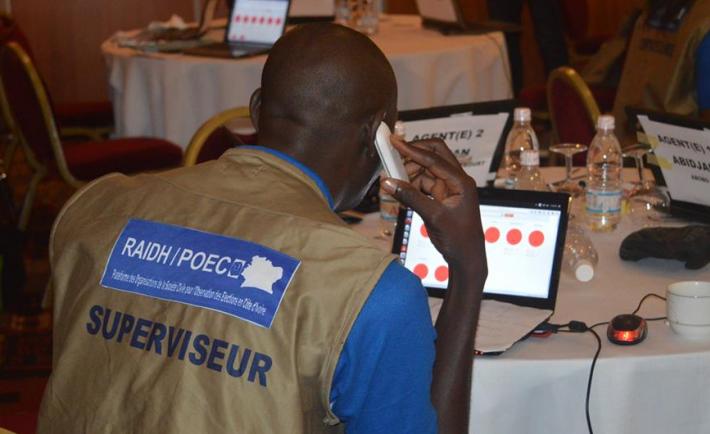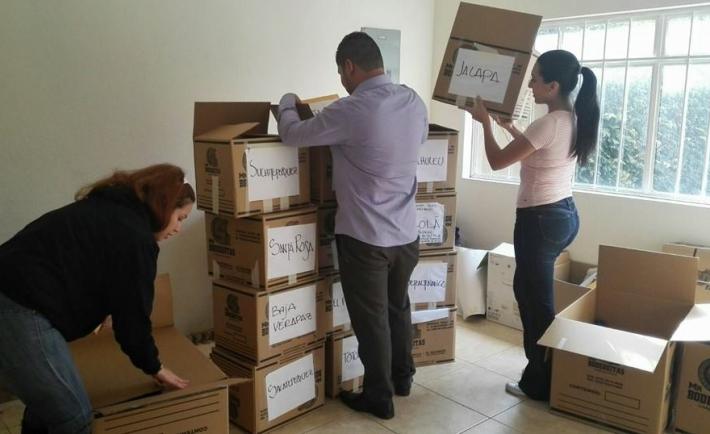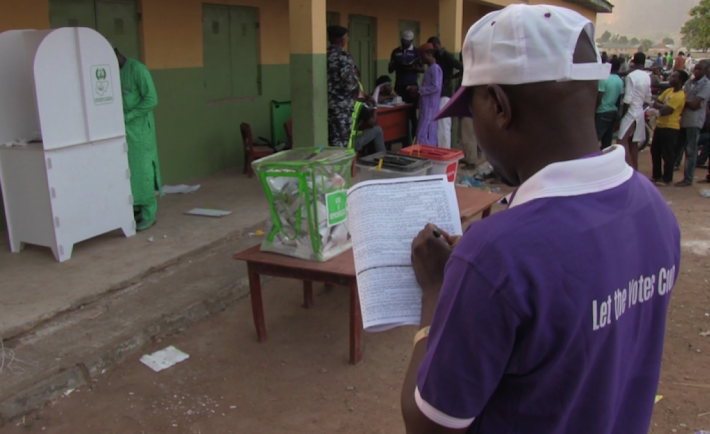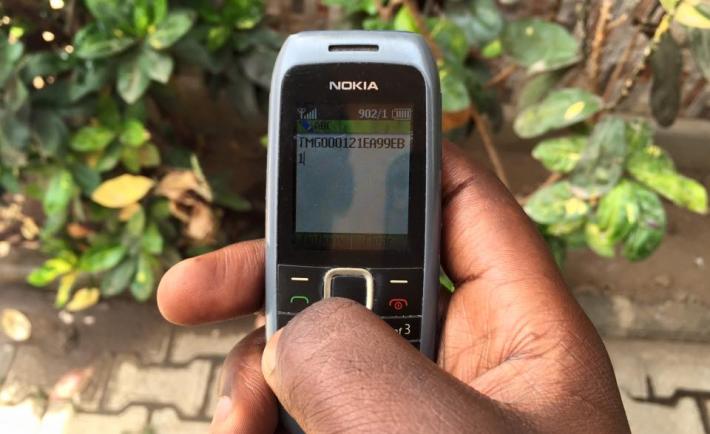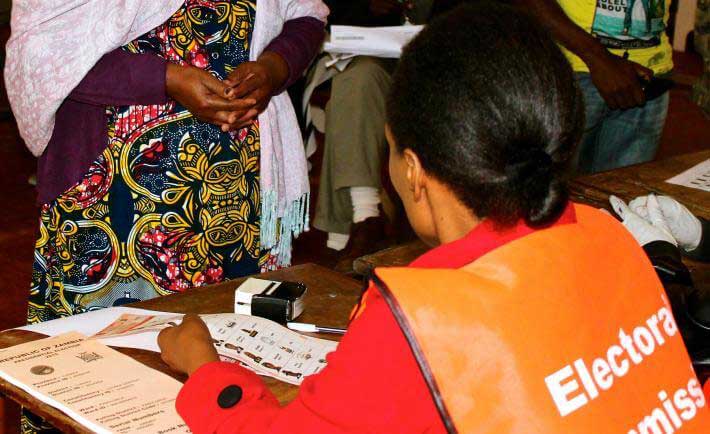---day-before-elections.png)
Larry Garber meeting with Jose Concepcion Jr, the first chair of NAMFREL on the day before the 2016 Philippines elections
The 1986 Philippines snap presidential election serves as a lodestar for international democratic activists who came of age professionally during the 1980s. The successful People Power Revolution demonstrated the role that electoral participation could play in mobilizing a population to reject a fraudulent process and to overthrow a dictator. And it introduced the international community to such concepts as “domestic election monitoring” and “parallel vote tabulations,” which are now core components of the menu used by democracy promoters around the globe. Indeed, since 1986, Filipino activists have frequently been called upon to share their experiences with those contemplating how best to challenge entrenched authoritarian regimes. I observed these developments in the Philippines first-hand.

